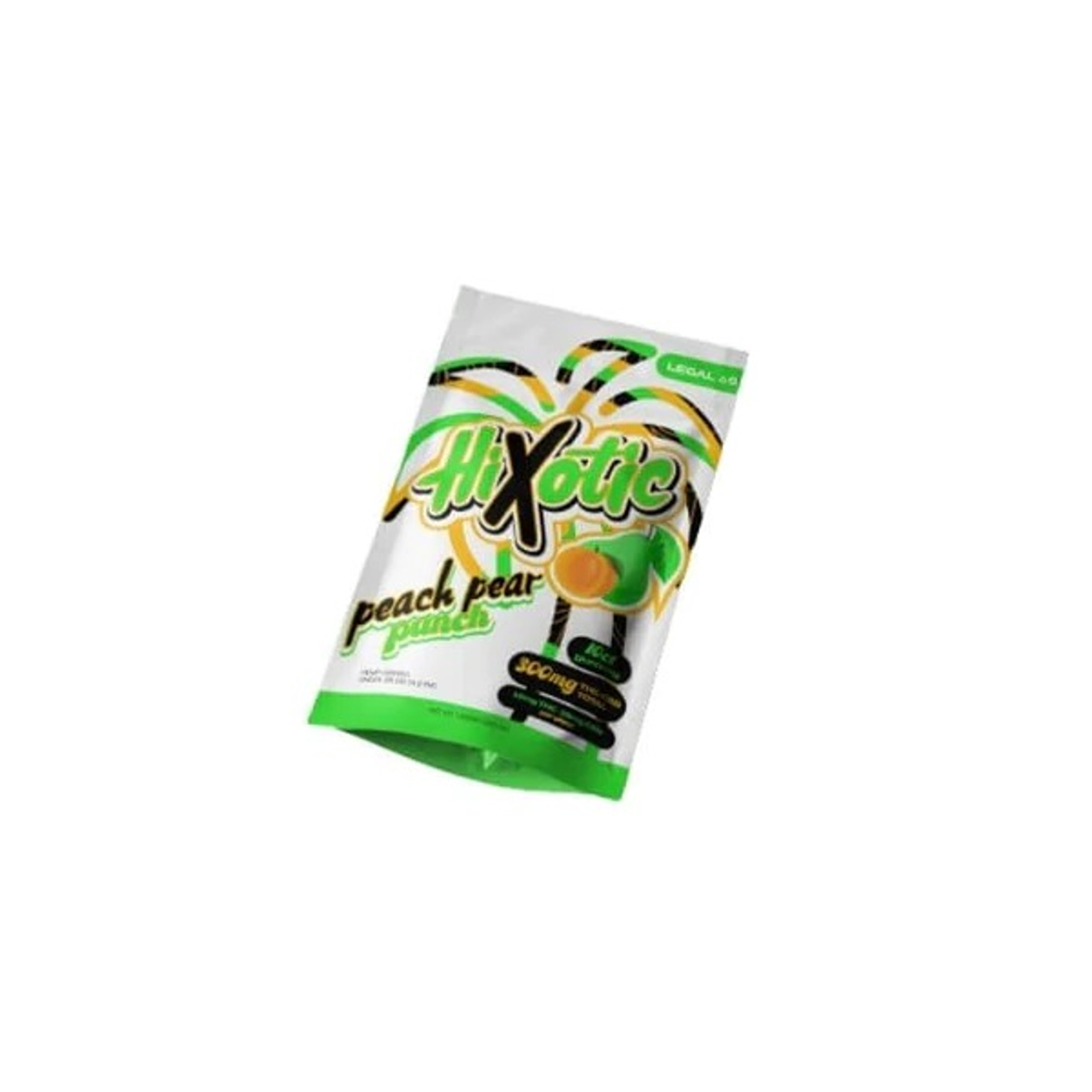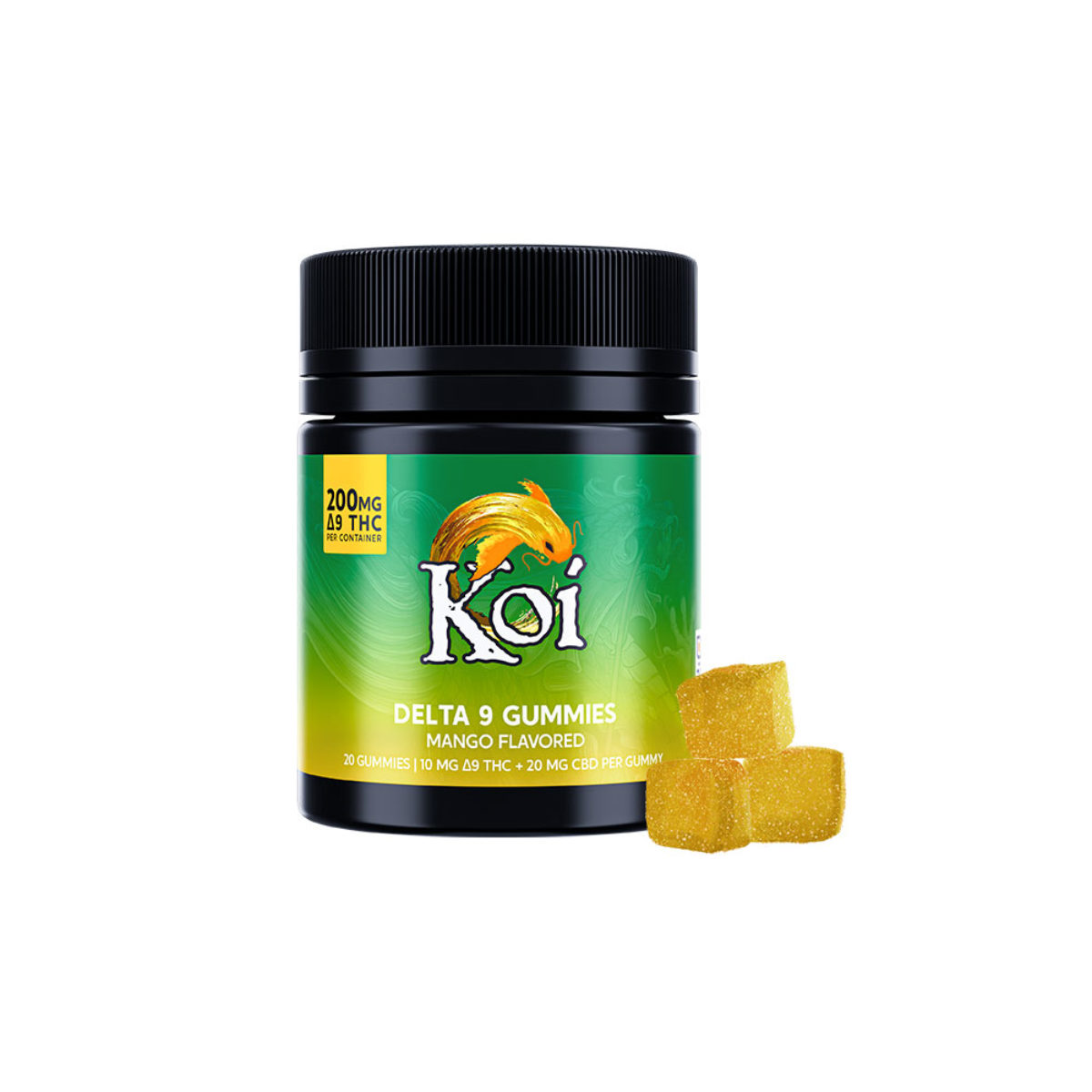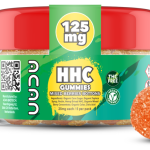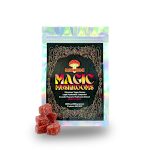Deciphering The Distinctions: Delta-9 vs. CBD in Popular Edibles
In the realm of edibles, the market is brimming with options catering to various preferences and needs. From gummies to chocolates, the choices seem endless. However, amidst this plethora of products, two compounds have gained significant attention: Delta-9 (D9) and CBD. Particularly, the emergence of D9 gummies has sparked curiosity and confusion among consumers. Understanding the disparities between these compounds is crucial for making informed choices. Let’s delve into the nuances of Delta-9 versus CBD in popular edibles.
1. Origins and Composition
Delta-9-tetrahydrocannabinol (THC), commonly referred to as Delta-9, is the primary psychoactive compound found in cannabis. It’s responsible for the euphoric “high” associated with marijuana consumption. On the other hand, Cannabidiol (CBD) is another compound derived from the cannabis plant, albeit without the psychoactive effects of Delta-9. CBD is renowned for its potential therapeutic properties, including pain relief and anxiety reduction.

2. Psychoactive Effects
Perhaps the most significant contrast between Delta-9 and CBD lies in their psychoactive effects. D9 gummies, infused with Delta-9 THC, can induce a euphoric sensation and alter perception, leading to the characteristic “high” associated with marijuana use. Conversely, CBD-infused edibles offer a more subdued experience, devoid of intoxicating effects. This key difference makes CBD a popular choice for individuals seeking relief without impairment.
3. Legal Considerations
Another crucial aspect to consider is the legal status of Delta-9 and CBD. While Delta-9 THC remains classified as a controlled substance in many jurisdictions due to its psychoactive properties, CBD enjoys more lenient regulations. In numerous regions, CBD derived from hemp containing less than 0.3% Delta-9 THC is legal, opening up opportunities for the production and consumption of CBD-infused edibles.
4. Therapeutic Potential
Beyond recreational use, both Delta-9 and CBD boast potential therapeutic benefits. Delta-9 THC is often utilized for its analgesic properties, making it effective in alleviating pain and inflammation. Meanwhile, CBD’s therapeutic potential spans a broader spectrum, with studies suggesting its efficacy in managing conditions such as epilepsy, anxiety, and insomnia. The non-intoxicating nature of CBD further enhances its appeal for therapeutic purposes.
5. Consumption Experience
The consumption experience differs significantly between Delta-9 and CBD-infused edibles. D9 gummies may offer a more intense and immediate onset of effects due to the presence of Delta-9 THC. In contrast, CBD-infused edibles typically provide a milder experience, characterized by relaxation and stress relief without the psychoactive elements. The choice between the two ultimately depends on individual preferences and desired outcomes.

In Conclusion
Understanding the disparities between Delta-9 and CBD is paramount for making informed choices in the realm of edibles. While D9 gummies offer a euphoric experience synonymous with traditional marijuana consumption, CBD-infused edibles provide therapeutic benefits without the psychoactive effects. Whether seeking recreational enjoyment or therapeutic relief, consumers now have a clearer understanding of the distinctions between these popular compounds.



